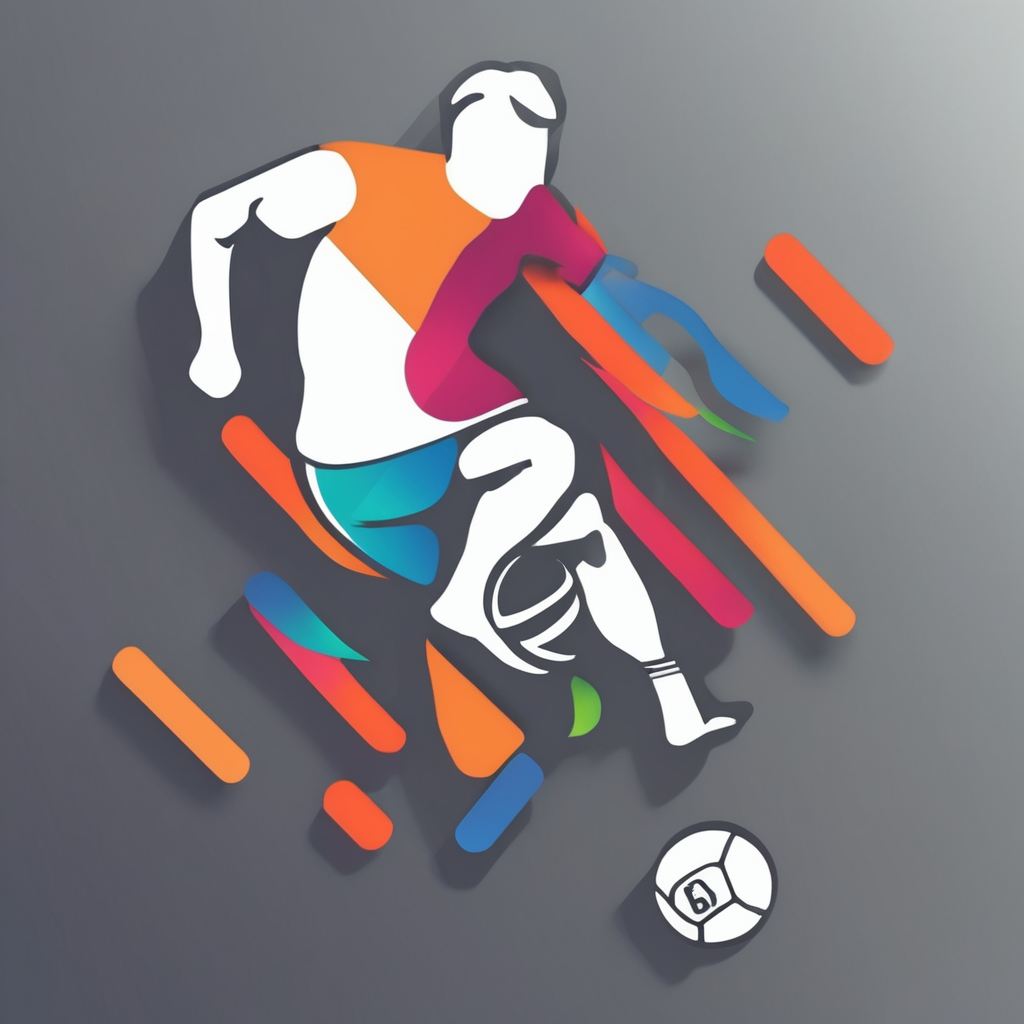Overview of Recent Athletic Controversies in the UK
In recent years, athletic controversies have sparked intense discussions across the UK sports landscape. Among the most pressing issues are significant doping cases, which have challenged regulatory bodies to strengthen testing protocols and enforce stricter penalties. These doping scandals have not only tarnished individual reputations but also raised questions about the integrity of competitive sports in the UK.
UK sports scandals have also highlighted ongoing problems with racism and discrimination within various disciplines. High-profile incidents involving athletes and officials have prompted public outcry and demands for clearer policies and better education to foster inclusivity. These events have served as a catalyst for national organizations to launch initiatives aimed at combating prejudice.
In parallel : What’s Driving the Surge in UK Sports Participation?
Another major area of controversy relates to gender equality debates, with widely-publicised incidents drawing attention to disparities in funding, media coverage, and opportunities between male and female athletes. Discussions surrounding transgender athlete participation further complicate this debate, challenging traditional frameworks and calling for nuanced, fair approaches.
Together, these recent sports news stories illustrate the multifaceted challenges confronting the UK sports world, emphasizing the importance of transparency, equity, and accountability.
In the same genre : What are the Most Anticipated Upcoming Events in UK Sport?
Impact of Controversies on Athletes and Sporting Institutions
Understanding the ripple effects
Controversies in sport profoundly affect both the athlete experience and the broader framework of sporting institutions. For athletes, scandals often lead to immediate reputational damage, which can hinder career prospects and trigger significant mental health challenges. The public scrutiny and media attention may overwhelm athletes, affecting performance and long-term well-being.
Sports leagues, clubs, and associations face mounting pressure to respond decisively. The institutional response often involves launching investigations and sometimes imposing sanctions to uphold integrity. However, the depth and transparency of these actions vary greatly. This response is crucial not only to restore public trust but also to set precedents for future conduct.
In the UK, sports authorities are increasingly emphasizing accountability and governance reforms. These reforms focus on enhancing oversight mechanisms, improving reporting channels, and establishing clearer codes of conduct. The goal is to prevent repeat issues while supporting athletes navigating complex ethical landscapes. Such institutional changes reflect a growing awareness of the interconnected nature of athlete welfare and organizational responsibility within the world of sport.
Shaping Public Perception and Fan Engagement
Understanding the dynamics behind fan reaction and sports culture in the UK
Media coverage plays a pivotal role in shaping public opinion UK sports. From televised punditry to instant social media commentary, narratives often frame how fans perceive moments of controversy. This blend of traditional and digital discourse intensifies emotions and can rally or divide supporters instantly.
Fan reaction now extends beyond the stadium, thriving on platforms where audiences express approval or dissent. This immediacy influences attitudes toward contentious episodes, often polarising communities but also sparking passionate debate essential to sports culture. The feedback loop between fans and media fuels ongoing engagement, keeping controversies alive in public consciousness.
These shifts impact grassroots participation too. When controversies dominate discourse, some potential players and supporters feel alienated, while others become more motivated to express identity through club allegiance. Understanding this interplay reveals how fan reaction interweaves with wider sports culture, affecting not just matchday behaviours but long-term involvement at local and national levels.
Ultimately, managing how public opinion UK sports shapes fan engagement requires recognising media’s powerful role and the evolving digital environment where sports culture thrives.
Expert and Public Figure Perspectives
Experts and public figures offer valuable viewpoints on the evolving landscape of sports culture. Athletes and coaches often highlight the importance of mental health awareness, emphasizing how it impacts performance and overall well-being. Their expert commentary underscores a growing recognition that athletes are more than competitors; they are individuals navigating pressures both on and off the field.
Sports journalists and commentators add another layer, analyzing trends and decisions within leagues and teams. Their public statements frequently reflect broader social conversations, linking sporting narratives to issues like diversity, inclusion, and fairness. Advocacy groups contribute by championing athlete rights and pushing for policy changes that promote equality and protect welfare.
Cultural analysis reveals that sports increasingly serve as a mirror for society at large. Public figure perspectives illustrate how sports can both challenge and reinforce societal norms, making them a powerful platform for dialogue and change. These insights help us appreciate the complex interplay between athletic achievement and cultural shifts, informing fans and stakeholders alike about the deeper meanings behind headlines and game results.
Societal Implications and Policy Changes
Major controversies in UK sports have often served as catalysts for policy reforms and legislative action. When issues such as doping scandals, discriminatory practices, or governance failures come to light, they prompt urgent calls for change. Policymakers respond by implementing rules aimed at restoring fairness, transparency, and accountability in sports organizations. These legislative actions not only regulate athlete conduct but also establish clearer standards for clubs and governing bodies.
Simultaneously, there is a growing cultural shift in UK sports that emphasizes inclusion, equity, and diversity. Campaigns advocating for the rights of underrepresented groups have gained momentum, encouraging participation and challenging long-standing biases. Such movements lead to lasting societal changes, influencing how fans, players, and authorities perceive sports integrity.
This transformation extends beyond sports regulations; it reshapes public attitudes and normalizes values of fairness and respect on and off the field. These combined efforts—policy reforms, legislative action, and a cultural shift—reinforce one another, creating a more ethical and equitable sporting landscape across the UK.

